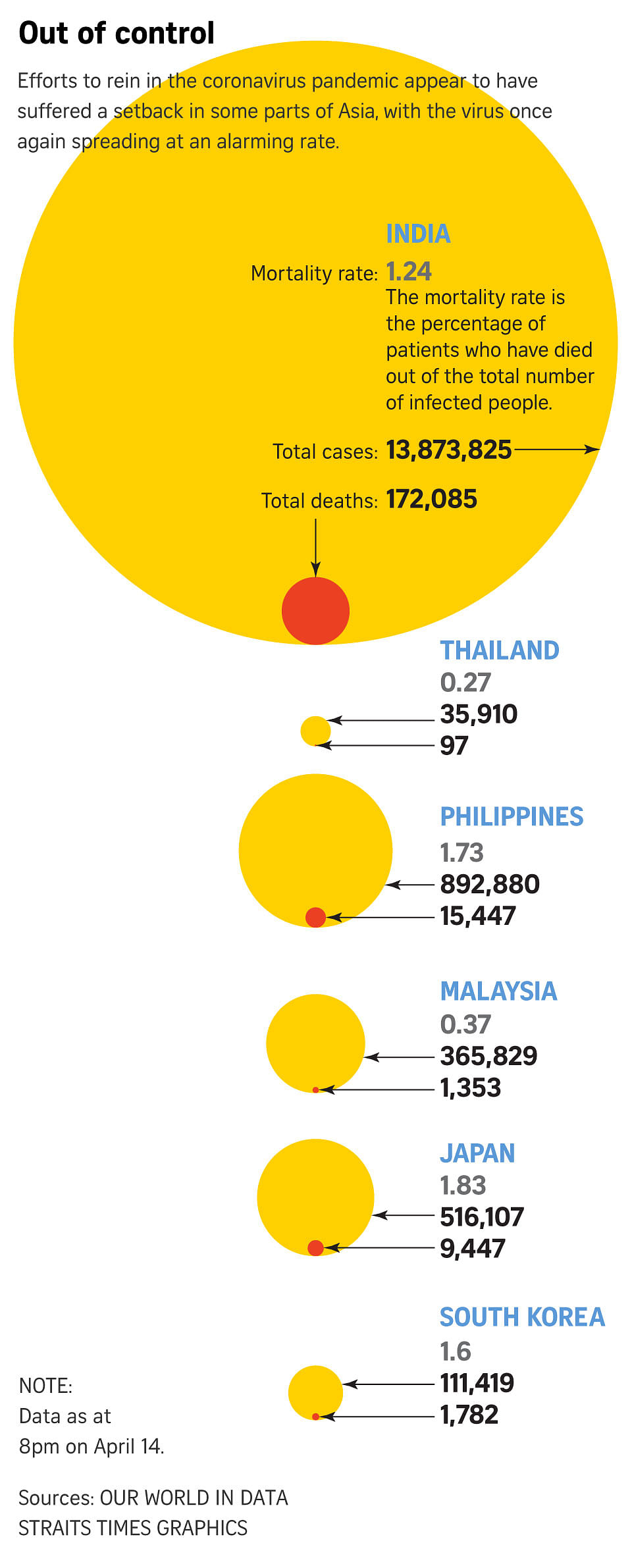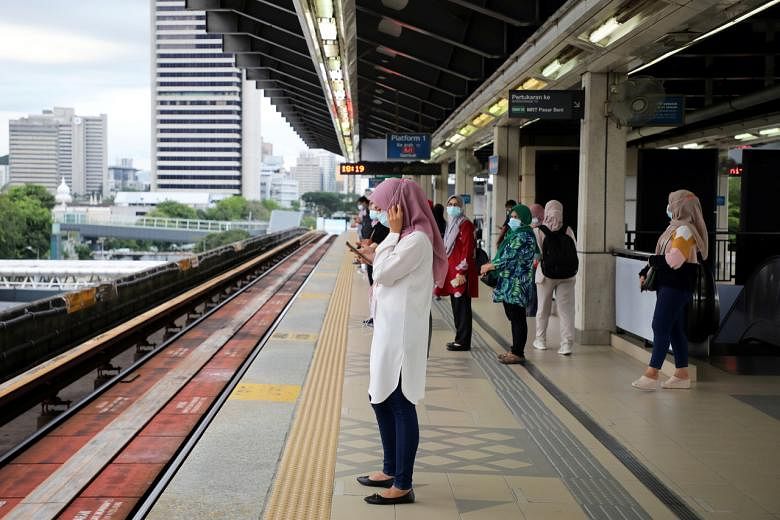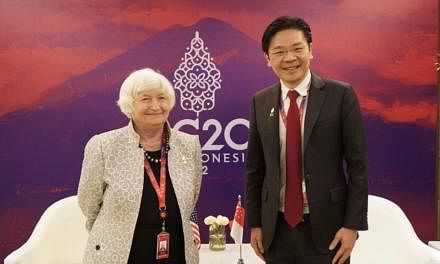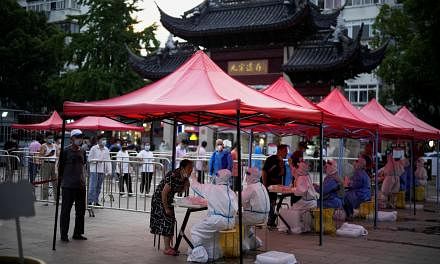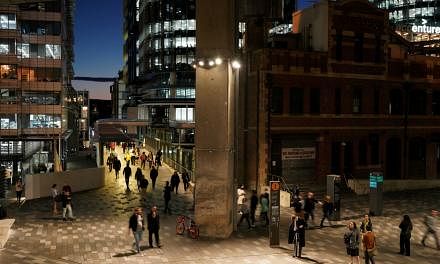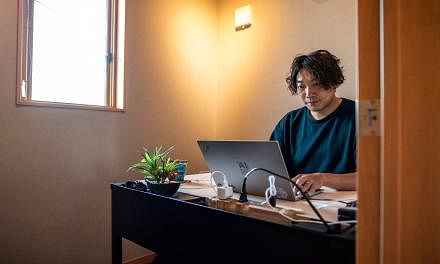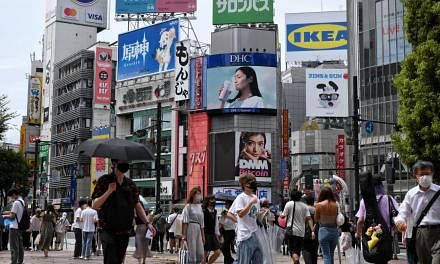KUALA LUMPUR - Malaysia's Covid-19 infection rate has risen in recent days at the start of Ramadan, with experts asking the authorities to ban the annual Hari Raya exodus to home towns for a second year to prevent a new surge in cases.
The government raised eyebrows when relaxations to rules were announced for the Muslim fasting month, including allowing Ramadan food bazaars and evening prayer services in mosques, and letting restaurants open until 6am.
It has not made a decision on whether to allow the "balik kampung" exodus this year.
The daily number of Covid-19 cases has stubbornly remained mostly above 1,000 this year.
Dr Sazaly Abu Bakar, director of the Tropical Infectious Diseases Research and Education Centre at Universiti Malaya, told The Straits Times: "My recommendation is to stay put since the last two major surges were associated with open-border travel. But this will upset many."
While bazaars and mosque activities are monitored to ensure health protocol compliance, home town visits are usually associated with social gatherings where people take off their masks, said Dr Malina Osman, an associate professor, epidemiologist and biostatistician at Universiti Putra Malaysia.
"Looking at the current figures, I think interstate travel should be deferred until we have one to two digits of new cases and we have a significant number of people vaccinated," she added.
The government is struggling to lower the rate of infectivity, a measure of how contagious a disease is.
The Health Ministry's director-general, Dr Noor Hisham Abdullah, said the rate was 1.09 as at Tuesday (April 13), up from 1.06 on Sunday.
It was 0.89 on Feb 14.
Malaysia must lower the infectivity rate to 0.8 to bring down daily cases to 500.
Adding to this challenge is the fact that, like most nations, Malaysia faces pandemic fatigue.
"I'm definitely worried about bazaars opening, and concerned that clusters will emerge," said consultant Bob Azraai. "We all get bored but I think we need to be smart and also cautious on how we destress. I do go out but I engage in low-risk activities, like a walk in the park with ample distance between me and other people."
Malaysia started its vaccination programme in late February but there has been a worryingly low take-up rate, leading to a warning by Senior Minister for Security Ismail Sabri Yaakob that a fourth wave of infections could be around the corner.
Only about a third of the population have signed up for the vaccine, with 417,470 people having received both doses by Tuesday. A total of 632,668 - under 2 per cent of the nearly 33 million population - have received the first dose.
The government's target is to inoculate 80 per cent of the population by the end of the year to achieve herd immunity.
There have been questions on why the government reopened most sectors of the economy when Covid-19 numbers remain high, but Prime Minister Muhyiddin Yassin said his administration cannot afford to put the country in a longer lockdown mode.
"We don't have much money left. We don't have as much as before. The most important thing for us is to ensure our livelihood. We should be able to manage ourselves better," he said on Monday.
